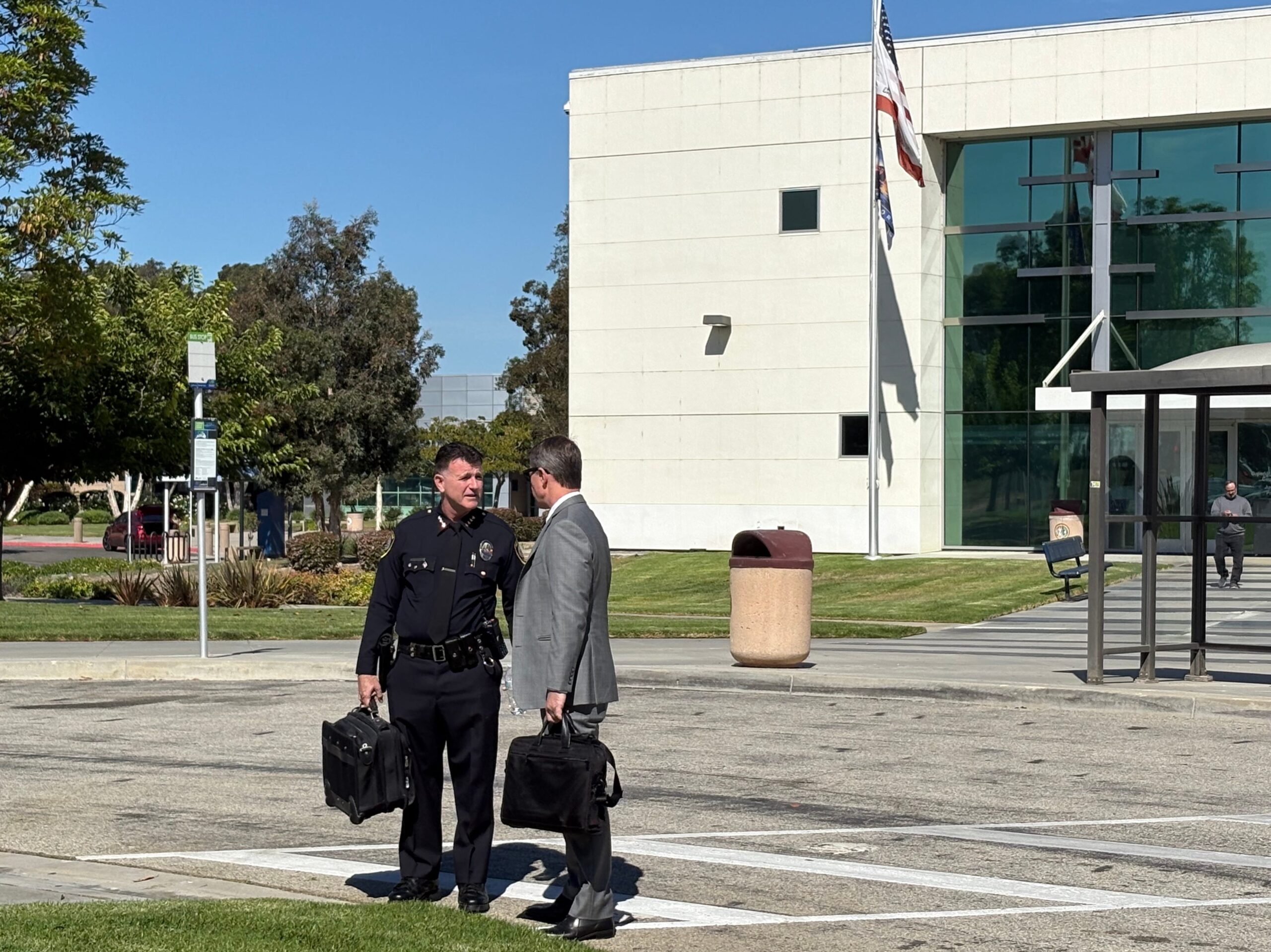UPDATE: The legal confrontation between Port Hueneme City Council member Laura Hernandez and Police Chief Michael Federico has officially concluded, with both parties dropping their lawsuits against each other. This development, confirmed on October 14, marks a significant turn in a controversy that has captivated the local community.
In July, Hernandez initiated her lawsuit against Federico, claiming defamation and alleging he conducted a covert campaign aimed at discrediting her. However, the court dismissed her case in August, stating it was not suitable for small claims court. Federico retaliated with his own suit, seeking at least $280,000 in damages. He accused Hernandez of violating California’s anti-doxing law, citing her inclusion of his home address in her public filing.
Now, both lawsuits are behind them. Federico’s legal team filed a motion to dismiss his case, although it was noted as “without prejudice,” leaving the door open for potential future legal action. Hernandez stated she has no intentions to refile her lawsuit unless further provoked. “I’m just really inclined to let it go at this point,” she remarked, emphasizing her desire to move forward peacefully.
Despite the lawsuits being dropped, Hernandez has faced further scrutiny. She revealed that she was the subject of a criminal investigation related to the doxing claim. A detective from the Ventura County Sheriff’s Office contacted her about the matter, but she confirmed that the District Attorney’s Office would not pursue any charges against her. “I felt comfortable talking to them because I didn’t feel I had anything to hide,” she said, defending her actions as non-malicious.
Legal experts previously assessed the situation, noting that Federico would likely face challenges in proving his claims. They pointed out that Hernandez’s court filings are generally protected under “litigation privilege.” To succeed, Federico would need to demonstrate that Hernandez intentionally aimed to instill fear for safety by revealing his address, which Hernandez denied, stating it was simply a matter of avoiding involving the city in her legal issues.
Notably, Federico achieved a partial legal victory when a judge ordered the removal of Hernandez’s original complaint from the court records, replacing it with a version that excluded his address. Hernandez expressed no objection to this change, indicating her willingness to cooperate.
As the community reflects on this turbulent chapter, both Hernandez and Federico seem to prefer a peaceful resolution moving forward. The future of their professional relationship remains uncertain, but the conclusion of these lawsuits suggests a potential thaw in their contentious interactions.
This developing story highlights the complexities of local governance and the personal ramifications of public service. As both parties navigate their next steps, the Port Hueneme community watches closely, eager to see how this situation unfolds.







